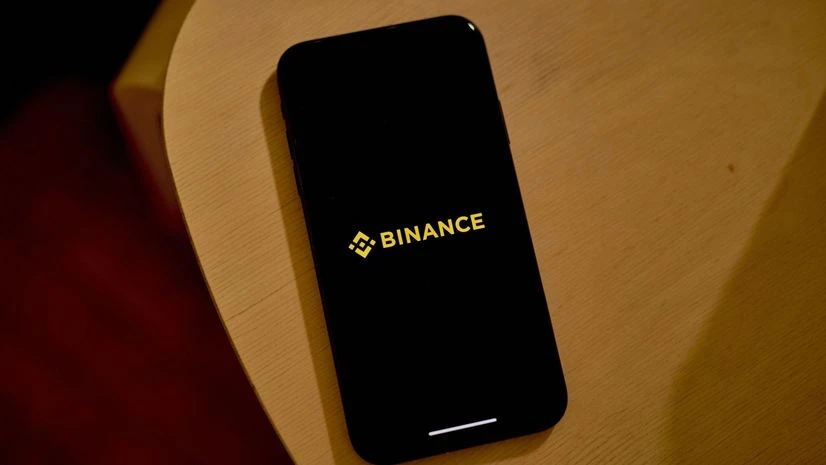The Financial Intelligence Unit-India (FIU-India), the national agency responsible for analysing suspicious financial transactions, has received requests from four more offshore crypto exchanges to operate in India again, said a senior government official familiar with the matter.
In the beginning of 2024, India had banned nine crypto exchanges —Binance, Kucoin, Huobi, Kraken, Gate.io, Bitstamp, MEXC Global, Bittrex, and Bitfenix — for non-compliance with anti-laundering law in the country.
“Apart from Kucoin and Binance, we have received four more requests from the offshore crypto exchanges,” said the senior government official. An email query sent to the Union Ministry of Finance remained unanswered at the time of going to press.
The FIU India lifted the ban from Kucoin in March, after imposing a penalty of Rs 34.5 lakh. However, proceedings for Binance are still pending. “We expect them to go live very soon,” the official said.
On December 28, before banning the nine exchanges for illegally operating within the country, the FIU-India had issued show-cause notices to them in response to violations of India’s anti-money laundering regulations.
“India’s thriving grassroots crypto adoption and Web3 developer activity have made it a significant market that cannot be ignored, despite unfavourable taxation and strict compliance. This has led offshore crypto exchanges to refocus on the Indian market, where there is growing acceptance of tokenisation of bonds and securities-focused use cases,” said Sharat Chandra, co-founder of India Blockchain Forum.
Currently, there are 46 registered crypto entities. With Kucoin and Binance, the total number of such entities will increase to 48.
More From This Section
Reserve Bank of India Governor Shaktikanta Das has stuck to the central bank’s stance on banning crypto assets despite a global trend towards regulating them.
In September 2023, the International Monetary Fund-Financial Stability Board (IMF-FSB) published a synthesis paper presenting guidelines for countries and a road map for crypto regulations.
The paper provides insights into investor protection, cybersecurity, and anti-money laundering and counter-terrorism financing measures.
In October 2023, G20 finance ministers and central bank governors adopted the road map on crypto assets proposed in the synthesis paper, calling for its swift and coordinated implementation.
The joint communiqué, issued after the final meeting of the FMCBG under India’s presidency in Marrakech, urged countries to implement policy frameworks. It advocated outreach beyond G20 jurisdictions, global coordination, cooperation, and information sharing, and addressing data gaps.
“We ask the IMF and FSB to provide regular and structured updates on the progress of implementation of the G20 Roadmap on Crypto Assets. We support the ongoing work and global implementation of FATF (Financial Action Task Force) standards on crypto-assets,” the communiqué said.
Das had told reporters last year that the IMF-FSB synthesis paper pointed out the risks involved in crypto. “Regulation is always on a scale of zero to 10. Zero regulation will mean that there is no regulation, it’s free for all, and 10 means you don’t allow it. In between zero and 10, it depends on where you are. FSB now has to look at the granular details of regulation,” Das had said in October.

)
